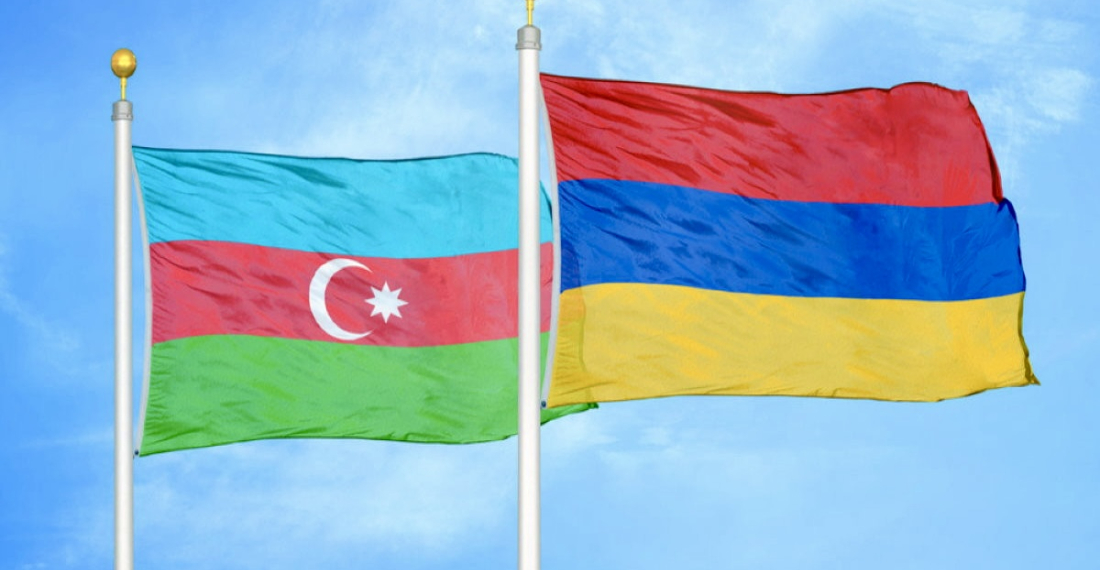LINKS Europe has successfully completed the first phase of its project to develop the Armenia-Azerbaijan dialogue as part of its commitment within the EU4Peace III programme, funded by the European Union. In this first phase, which lasted from September 2024 to April 2025, LINKS Europe conducted an assessment of Armenia-Azerbaijan relations and mobilised the personnel necessary for delivering the project output.
LINKS Europe Foundation is pleased to announce the names of the chairs/co-chairs of the five thematic groups within the initiative.
Peace and Security
Co-chair: Mr Leonid Nersissian (Armenia)
Co-chair: Mr Murad Muradov (Azerbaijan)
This Thematic Group is the only one to have two co-chairs
Regional Connectivity
Chair: Mr Narek Minasyan (Armenia)
Governance
Chair: Mr Sargis Harutyunyan (Armenia)
Gender and Diversity
Chair: Ms Lala Jumayeva (Azerbaijan)
Environment
Chair: Ms Fidan Namazova (Azerbaijan)
These groups will bring together opinion-makers from Armenia and Azerbaijan, with the aim of bringing new ideas and perspectives to the dialogue process and building trust in the South Caucasus.
The five thematic groups will work between now and November to produce reports on their areas of competence, and joint a joint statement. The reports and statements will be communicated to the governments of Armenia and Azerbaijan and the international community before the end of the year (2025)
For more information or questions about the work of the five thematic groups, please contact the Deputy Director of LINKS Europe, Maximiliaan van Lange (maximiliaan@links-europe.eu).






